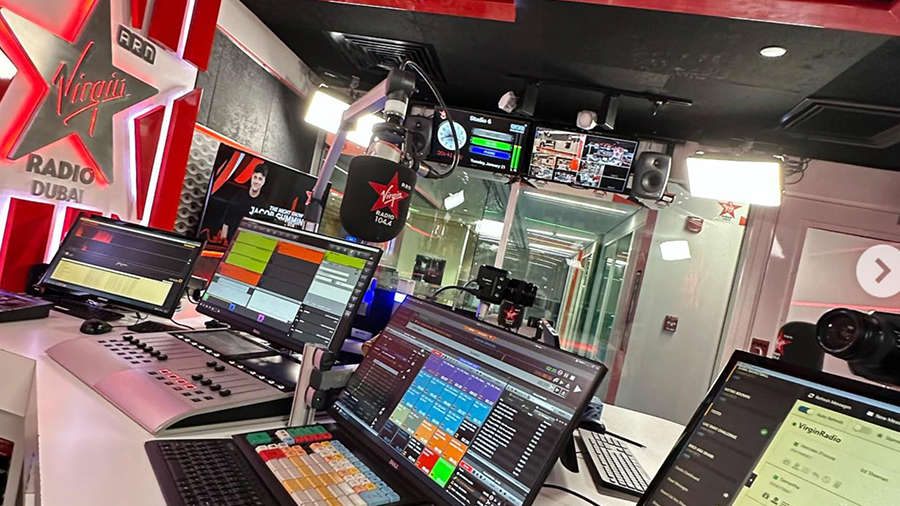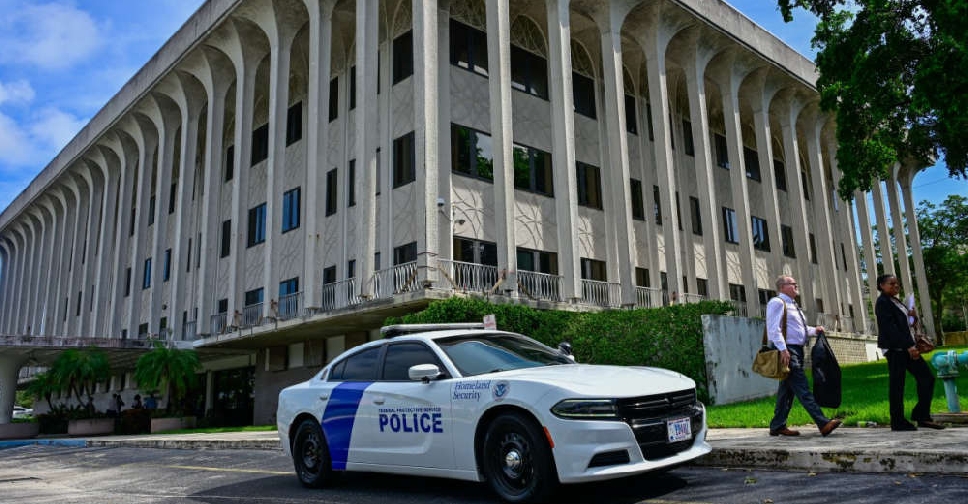
The man charged with attempting to assassinate Donald Trump after allegedly positioning himself with a rifle outside one of the former president's Florida golf courses on September 15 pleaded not guilty on Monday to five federal charges.
Ryan Routh, 58, entered the plea to charges that include attempted assassination of a major presidential candidate during a hearing in federal court. He has already been ordered to remain in jail to await a trial.
Prosecutors have said Routh intended to kill Trump as he golfed at Trump International Golf Club in West Palm Beach.
Routh, a struggling roofing contractor, condemned the Republican presidential candidate in a self-published book and dropped off a letter left months earlier with an associate referencing an attempted assassination on Trump, according to prosecutors.
"This was an assassination attempt on Donald Trump but I failed you," the suspect wrote, according to a court filing by prosecutors.
Lawyers for Routh suggested at a September 23 court hearing that the letter may have been an attempt by their client at gaining publicity and highlighted what they called Routh's efforts to promote democracy in Ukraine and Taiwan.
Routh hid outside a fence overlooking the sixth hole of the course, where authorities found an AK-47-style rifle, a bag of snacks, a digital camera and bags containing metal plates meant to withstand return fire by the US Secret Service, according to prosecutors.
A Secret Service agent patrolling the course ahead of Trump spotted Routh and opened fire after noticing the rifle sticking through a fence. Routh fled and was later arrested along a Florida highway, prosecutors said.
Routh was initially charged with gun-related offences. An indictment last week added the attempted assassination charge along with assault on a federal officer and possessing a firearm in furtherance of a crime of violence.
The Florida incident was the second apparent assassination attempt on Trump in a roughly two-month span, raising questions about protection of the candidate ahead of the November 5 election.
A gunman wounded Trump's right ear and killed an attendee at a campaign rally in Butler, Pennsylvania, on July 13 before being killed by a Secret Service sniper.
Trump has sought to turn the assassination attempts into a campaign issue, alleging that the Justice Department, which charged Trump in two criminal cases last year, should not be trusted to handle the investigation.



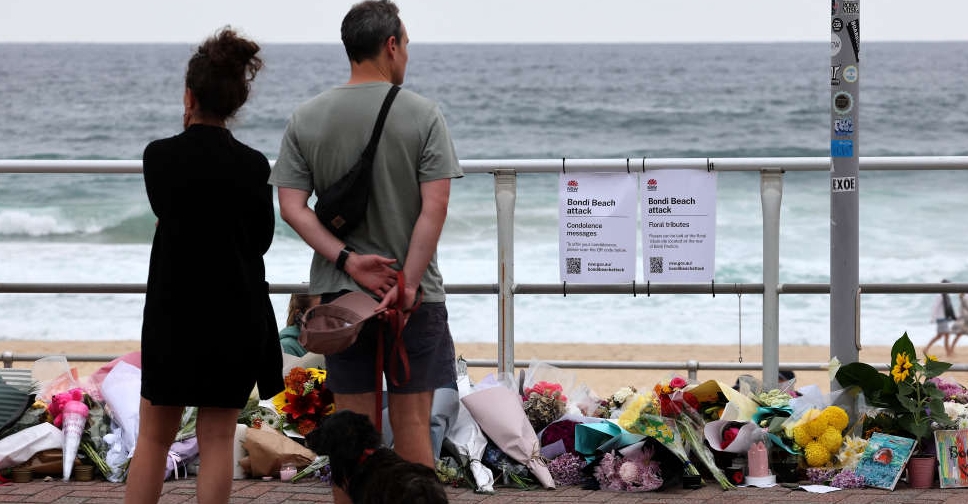 Philippines confirms visit by alleged Bondi gunmen amid terrorism concerns
Philippines confirms visit by alleged Bondi gunmen amid terrorism concerns
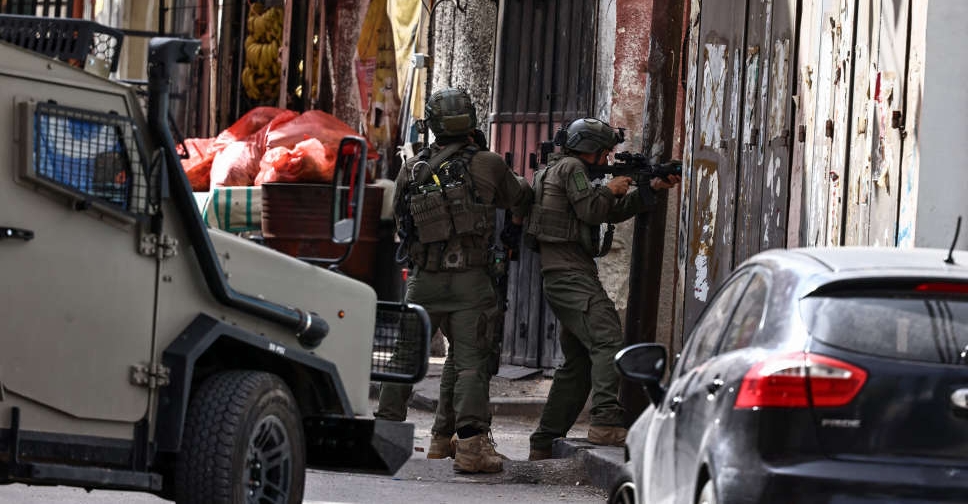 Israeli forces kill Palestinian teen in West Bank, health ministry says
Israeli forces kill Palestinian teen in West Bank, health ministry says
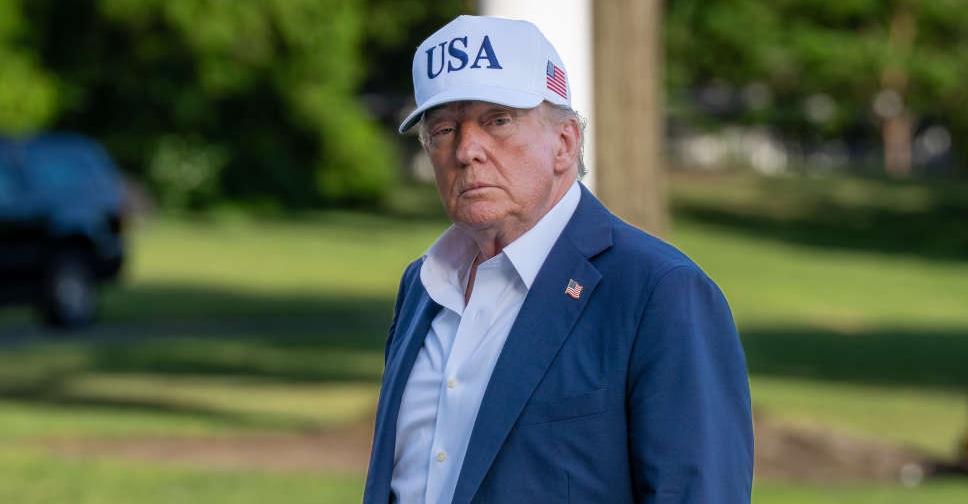 Trump sues BBC for defamation, seeks up to $10 billion in damages
Trump sues BBC for defamation, seeks up to $10 billion in damages
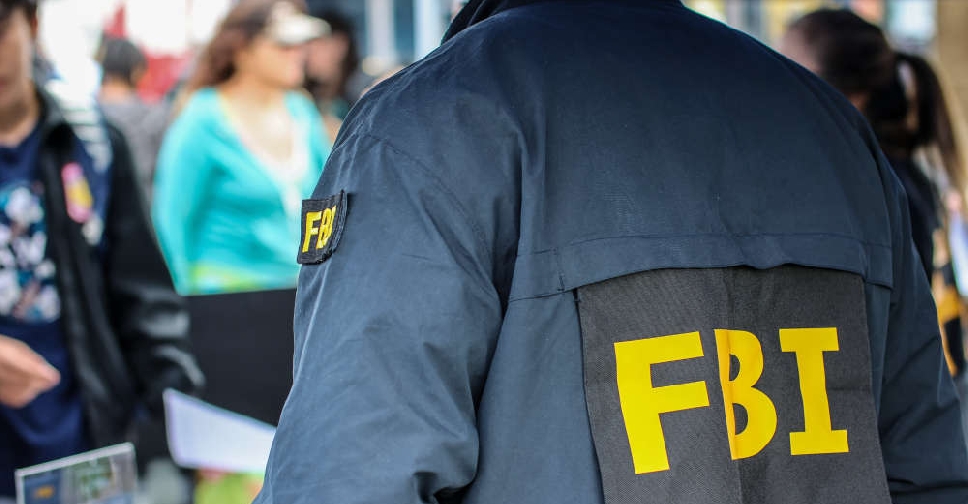 FBI foils 'terror plot' targeting Los Angeles
FBI foils 'terror plot' targeting Los Angeles
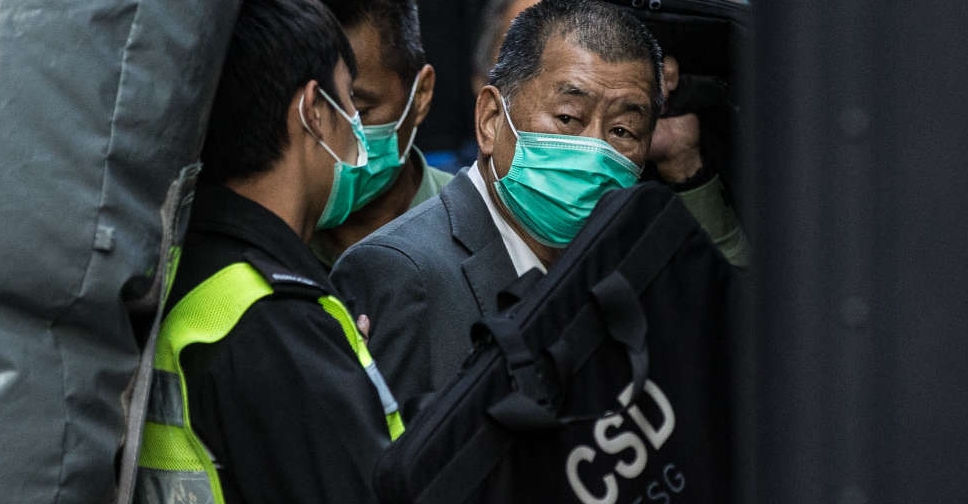 Hong Kong court finds tycoon Jimmy Lai guilty in landmark security trial
Hong Kong court finds tycoon Jimmy Lai guilty in landmark security trial

